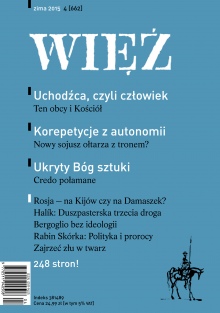
We kindly inform you that, as long as the subject affiliation of our 300.000+ articles is in progress, you might get unsufficient or no results on your third level or second level search. In this case, please broaden your search criteria.


The second part of the study about the American policy in Central Europe presents the Hungarian Territorial Integrity League. This league published the open letter to Wilson.
More...
The study presents the revolution in Spain with the leadership of Riego in 1820 on the base of an English newspaper, The Times.
More...
Unsolved dispute between Rumania and the Soviet Union: Bessarabia. The author uses Russian sources to present the diplomatic negociations about this question.
More...
The author analyses the journalistic and political work of the lawyer (attorney) and politician Ivan Dečko (1859–1908) since his studies in Graz (1879) until the establishment of his own law firm in Celje (1891). Already as a student he demonstrated his political talent when he started publishing critical articles in the Slovenian newspapers in the beginning of the 1880s. When he started working in Maribor in 1883, he immediately joined the Slovenian political elite there. In 1885 he moved to Celje, got a job in Josip Sernec's law firm, and visibly accelerated the Slovenian »breakthrough« in the city by the river Savinja. With thoughtful tactics he also appeared at the level of the Provincial Assembly, when he became the member of the Styrian Provincial Assembly in 1890. In 1891 he opened his own law firm. With his appeals to various appeal bodies he caused enough disturbance to make the Germans close their ranks. Under his influence the clever Slovenian politics in the beginning of the 1890s won over the rural areas completely, restricting the Lower Styrian Germans to the cities and certain towns.
More...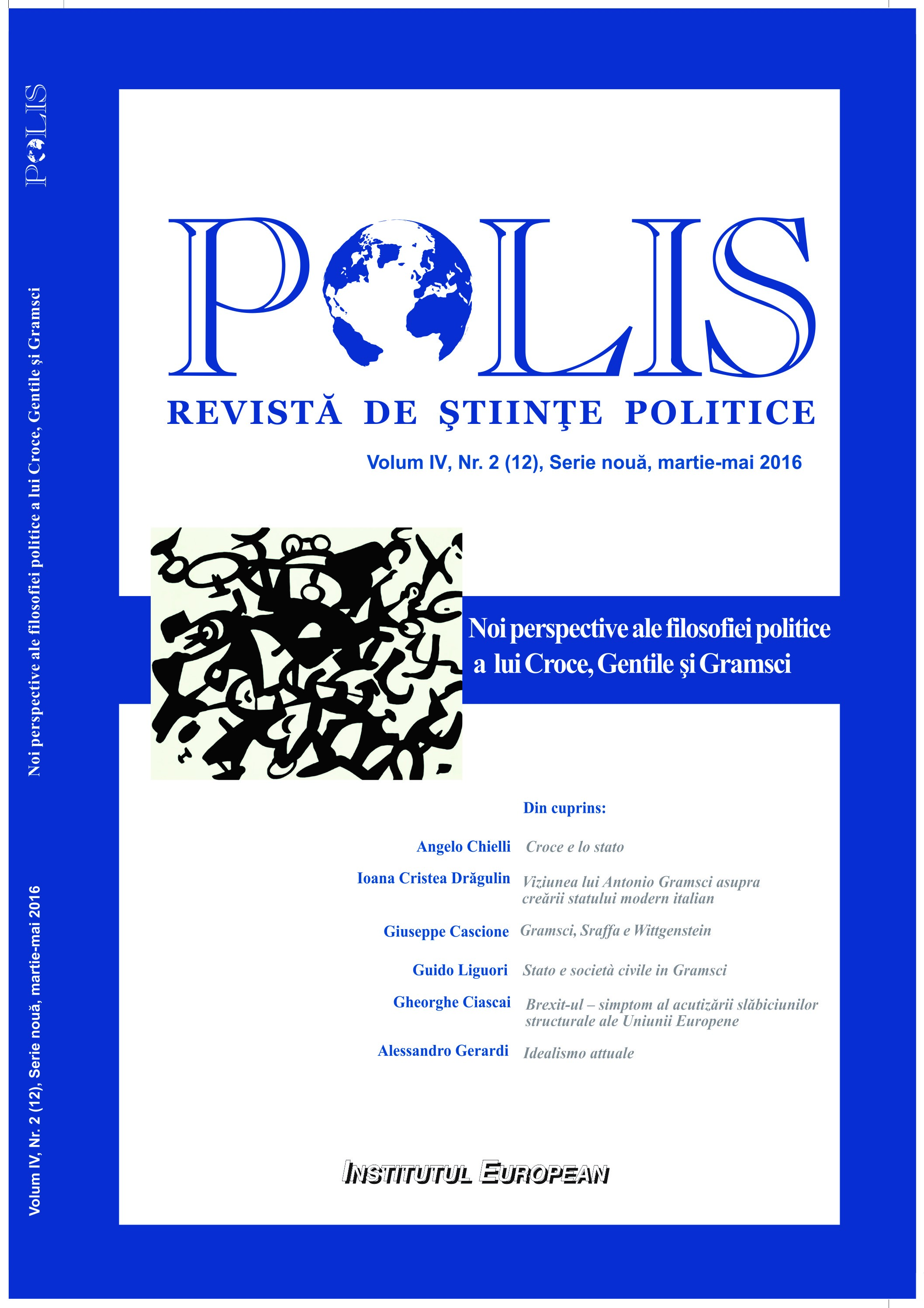
The essay traces some essential guidelines on the relationship between Gramsci, Sraffa and Wittgenstein. This connection is controversial, partly because Wittgenstein and Gramsci have never met eachother, but only by the friendship with Sraffa.
More...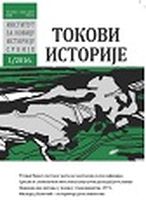
This article is an analysis of the circumstances in which Miloš Moskovljević worked and the results of his diplomatic activities as plenipotentiary envoy of FPRY to Oslo, Norway. Especially are stressed the lack of conϐidence which the new communist authorities had towards him as a bourgeois politician from a previous era and the newly developed situation created by the conϐlict that arose between the Communist Party of Yugoslavia and Cominform.
More...
This paper presents the opening of the constitutional issues raised by the leadership of the Socialist Republic of Serbia immediately after the adoption of the 1974 Constitution. From the whole set of measures that the republican leadership took towards establishing relations with its provinces, we analyzed “Blue Book” of 1977, as well as reactions to that controversial document. This paper was written based on documentation from the legacy of Đorđe Radosavljević Grne, a former top ofϐicial of Vojvodina, as well as historiographical literature and numerous autobiographical sources.
More...
The impact of agrarian reform on the industrialization of the Kingdom of SCS reveals wide possibilities for analysis and research. This article is conceived as a case study of two industrial enterprises owned by Đorđe Dunđerski which are analyzed and examined and through which the impact of agrarian reform on the economy is shown. It presents the production of the enterprises and their functioning as part of the estate until the mid-1930s. Thereby this special case revealed several phenomena of economic development of the Kingdom of SCS, such as the issue of agrarian reform and the possibility of exemptions from it, the question of the relationship between agriculture and industry, and structural transformation of the estate and consequently economic development.
More...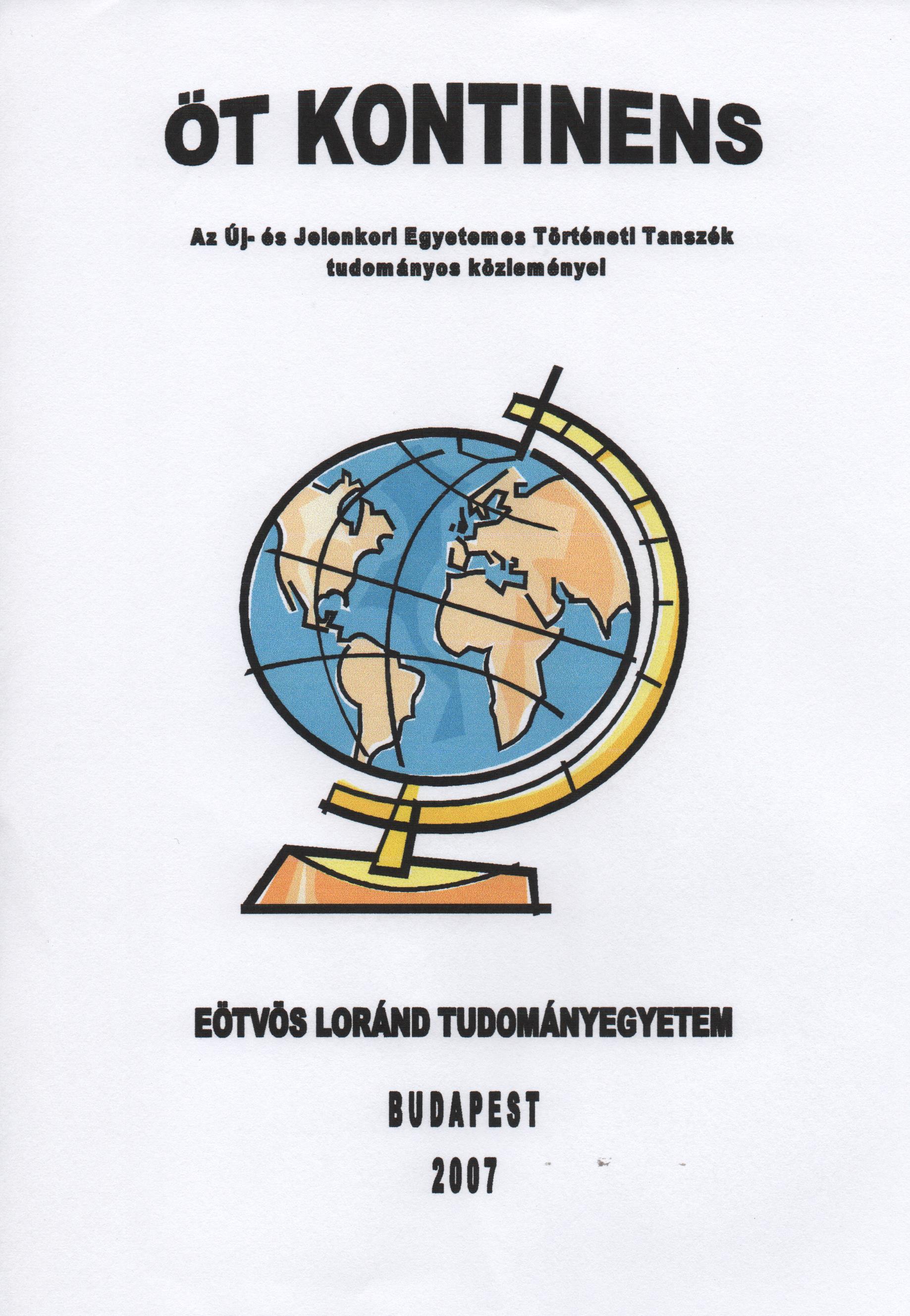

The article is devoted to the peculiarities of Rus’— Byzantine relations in Taman, and specific role of Tmutorokan’ as condominate possession of Byzantium and Rus’. The discussed details of the biography of Prince Rostislav Vladimirovich are revealed, as well as the question of the reasons for his poisoning by the katepano of Cherson and perception of this murder. The evidence about the hypothetical uprising of the Cherson residents in the 60s — 70s of XI c. and the campaign against Cherson of Princes Vladimir Monomakh and Gleb Svyatoslavich is analyzed. The data on the campaign against Korsun’ in 1077 seems unlikely.
More...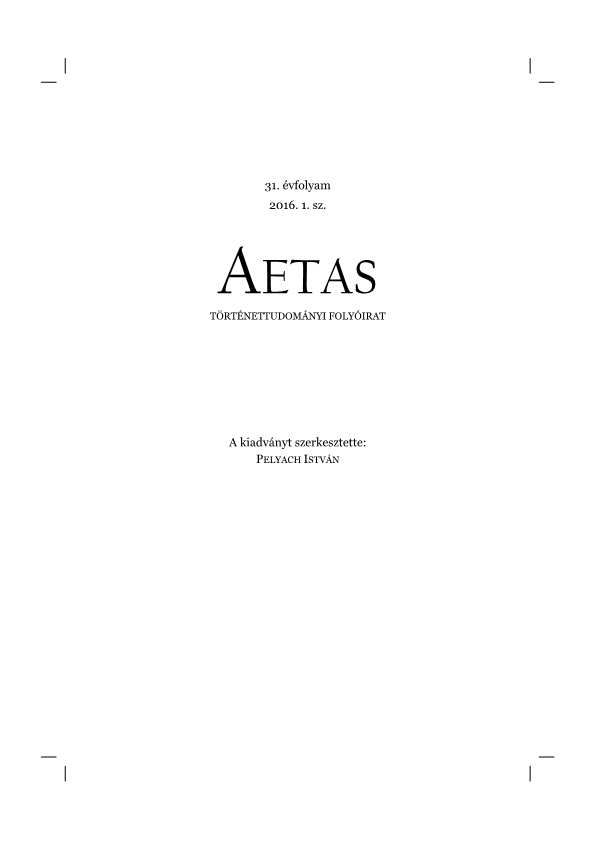
Knowing that the registration of ownership rights is very important institute for legal and economic system of Kosovo, for its constitutive effect in gaining of ownership rights, protection of property rights of the owner and which enables effective management of the land, in order to understand its development, is necessary to turn back to history. Regarding to this, Kosovo is not known for an early origin and consolidated system of land registration until Twentieth Century; even afterwards, its development was influenced by many socio-economic and political factors. The review of the historical development of land records deserves a detailed study in Kosovo due to its complexity through the years, so in order to understand more accurately the footsteps of regimes, it is necessary to examine periods until 1912, 1912-1999 and 1999 till now days, because the elaboration of normative acts that arranged registration over the years, enable the readers to create a clear overview related to advances and characteristics of each stage of its development,therefore the differences and similiarities can be noticed clearly through descriptive and comparison method. Especially postwar period is characterized by major advances and essential changes as: Approval of Constitution and abrogation of old system. These changes contained fairly LL
More...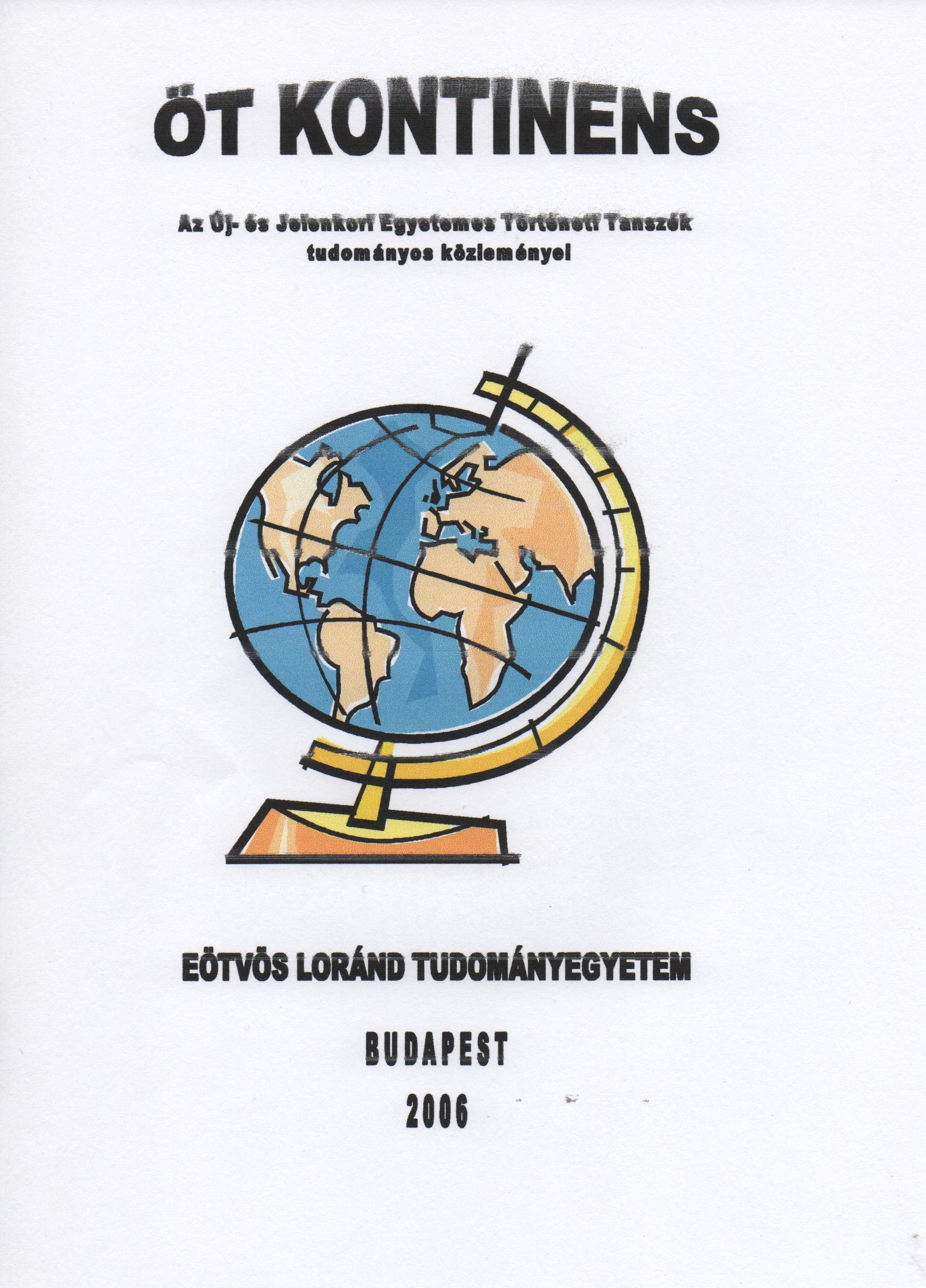

This article examines the attitudes of the Romanian boyars towards the Organic Statutes of Moldavia and Wallachia that were elaborated and introduced during the Russian occupation of the principalities in 1828-1834. These attitudes reflected the tensions within the boyar class that erupted in the wake of the Greek Etaireia uprising of 1821 and the collapse of the century-old Phanariote regime in Moldavia and Wallachia. The temporary emigration of great boyars, who had compromised themselves in the eyes of the Ottoman government by their real or alleged association with the Greek conspiracy, gave the boyars of the second and third rank an opportunity to redistribute the social privileges and redefine the political system of the principalities in their favor. In the years that followed the suppression of the Etaireia uprising, the lesser Wallachian, and especially, Moldavian boyars cooperated and with the Ottoman authorities and the first autochthonous hospodars. For their part, the greater boyars sought the support of Russia, the traditional protector of Moldavia and Wallachia, which pursued a legitimist foreign policy at this time and insisted on the restoration of the status quo ante 1821 in the principalities. Although the lesser Moldavian boyars had few contacts with the Russian authorities prior to the Russian-Ottoman war of 1828-1829 and the Russian occupation of the principalities, they were not uniformly inimical to the tsarist empire. In particular, they were attracted by the special form of government that the Russians established in Bessarabia, the eastern part of the principality of Moldavia that they annexed in 1812. The Bessarabian Statute of 1818 presupposed a wide involvement of the local nobility in provincial administration. The Russian definition of the nobility was at least notionally “egalitarian” and thus placed those Moldavian boyars of the second and third rank who had chosen to stay in Bessarabia on par with their great boyar counterparts. The petitions that the lesser Moldavian boyars submitted to the Russian authorities in 1830 thus did not fail to mention the Bessarabian example alongside a plethora of historical, legal and philosophical arguments intended to show that the drafting of the Organic Statutes by the narrow great boyar committees violated the political customs and traditions of the principality. The article argues that the position of the Russian occupation authorities on the question of intra-elite conflict reflected both the long-term institutional evolution of the Russian Empire and the specific political conjuncture of the late 1820s and the early 1830s. Russian political system of the second half of the 18th century proved to be rather accommodative of the interests of both the Great Russian nobility and of the elites of the borderlands. However, in early nineteenth century, this “empire of nobles” was gradually giving way to a militarized bureaucratic absolutism of the later Romanovs. This process involved the reduction of the role of noble self-government both in the center and at the peripheries of the empire, as illustrated by the curtailment of the Bessarabian autonomy in 1828. The demands of the lesser Moldavian boyars for a greater role in the process of elaboration of the Organic Statutes were thus at odds with the general approach of the Russian policy-makers towards government. The coincidence of the petitionary activities of the lesser Moldavian boyars with a new revolutionary wave in Europe made the Russian authorities even more hostile to the idea of broad political participation. Following the outbreak of a major uprising in the Kingdom of Poland in November 1830, the small boyar criticism of the drafts of the Organic Statute was interpreted as political subversion. These factors explain the failure of the lesser boyars to influence the distribution of political prerogatives and social privilege at the moment of elaborations and adoption of the Organic Statutes. Skewed in favor of the great boyars, the provisions of the Organic Statutes alienated too many segments of the Romanian society, which deprived the Russian hegemony in the principalities of a solid foundation.
More...
This is the review of the latest work of Francis Fukuyama, the well-known American intellectual. Fukuyama tries to eruditely present the common and comparative history of nations and civilization. His work seems unfinished as he interrupts his considerations after reaching the eighteenth century which is a result of a change in the shape of state-building processes at this precise moment of history. This is the end of the age of Malthusianism, that is a period of permanent shortage in resources in relation to demographic surplus in the earlier world. The review contains also the critical part, in which the author indicates translation mistakes, essential errors and shorthands of Fukuyama as well as the problem of reconciling philosophical and historical considerations.
More...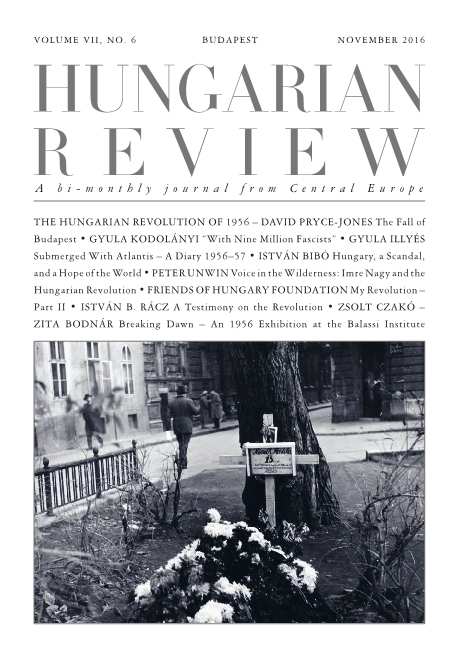
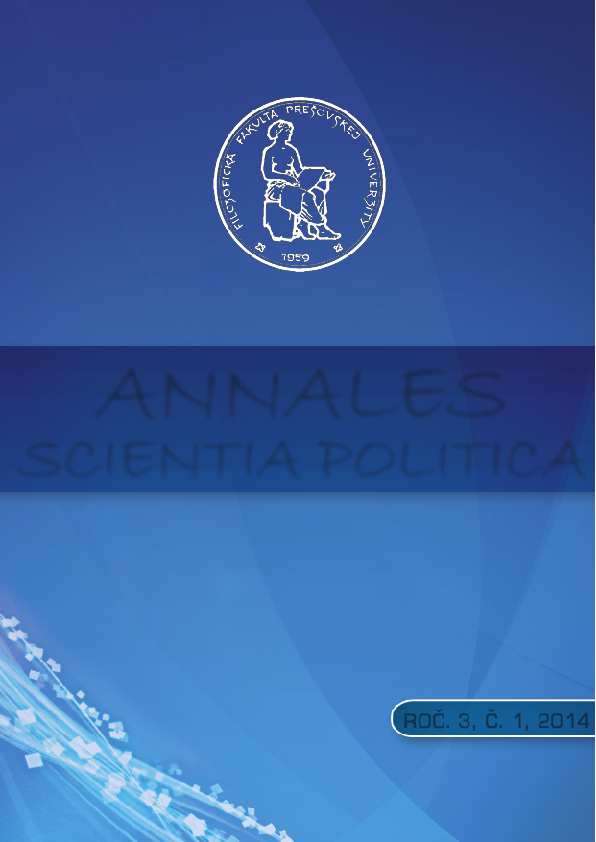
The author analysis the origin of idea of proportional representation. The study focuses on origins of two basic forms of proportional representation electoral systems – Party-list Proportional System and Single Transferable Vote System. The article also focuses on the way the idea of proportional representation was introduced into practice.
More...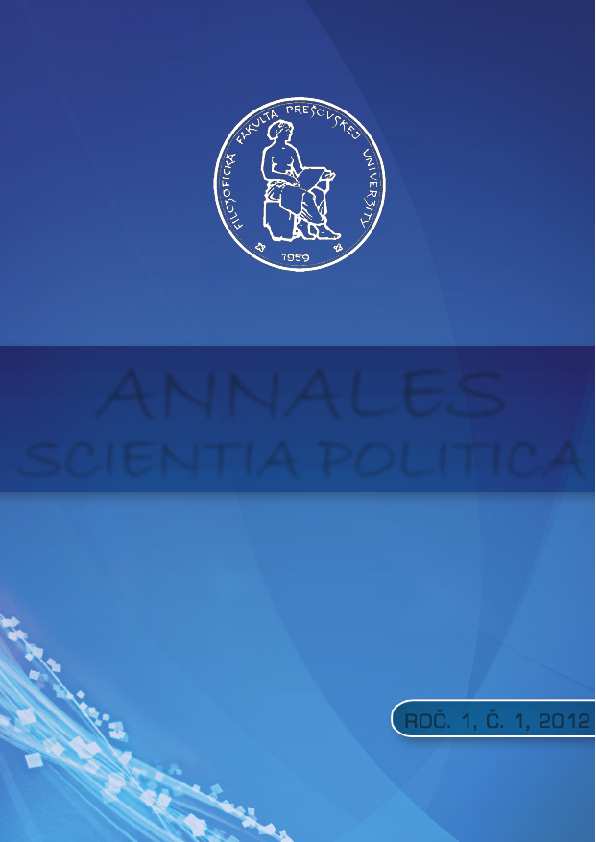
The study analyzes the process of electoral districts delimitation. The main focus is on gerrymandering – the practice attempting to establish geographic boundaries to create partisan advantage in the electoral process. The term Gerrymander originated in 1812, when the Massachusetts Legislature divided the County of Essex into two senatorial districts to dilute the strength of the opposing party. The study emphasizes the history of gerrymandering, its goals and the Supreme Court’s decisions dealing with manipulative redistricting process.
More...